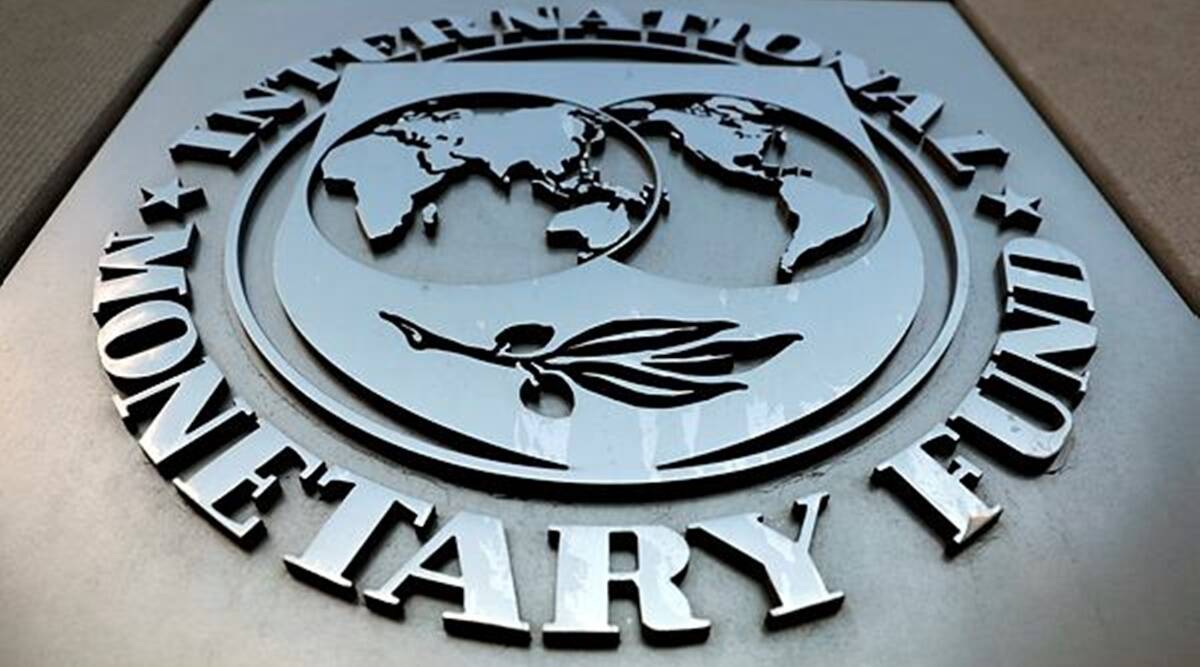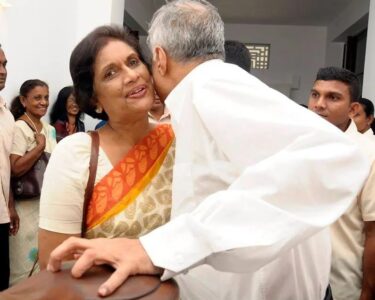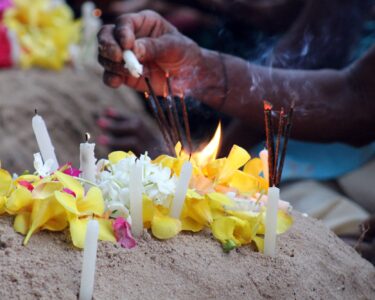Sri Lanka has been to the IMF 16 times prior to this but approaching the IMF on the 17th occasion seems much more challenging. This is the worst economic and political crisis since independence.
Business leaders in Colombo point out that even the depth of the crisis is still unknown. Sri Lanka is looking at a loan in the range of $3 billion and informed sources say that this borrowing is not going to come easy.
The country has now been declared in default as it has failed to service its international loans.
Negotiations:
Lazard and Clifford’s Chance consultants are acting as financial and legal advisers to restructure more than $12 billion of overseas debt prior to the next round of talks with the IMF in the coming weeks.
However, the in-depth debt analysis may continue until August which is a long time given the seriousness of the crisis.
Structural Reform :
The IMF will definitely call for structural economic reforms but the already weakened market and consumers may not be able to cope with these demands.
Volatile Situation :
Prime minister Wickremesinghe’s proposals to increase taxation may not go well with the taxpayers who are already burdened by a 30% rate of inflation.
The next on the cards is to cut government expenditure, again a not that popular move.
The agronomist have warned of a 50% drop in local food production due to a lack of fertilizer and all factors put together may result in further political instability and mass protest.
A volatile situation may turn the IMF package too a little too late.






